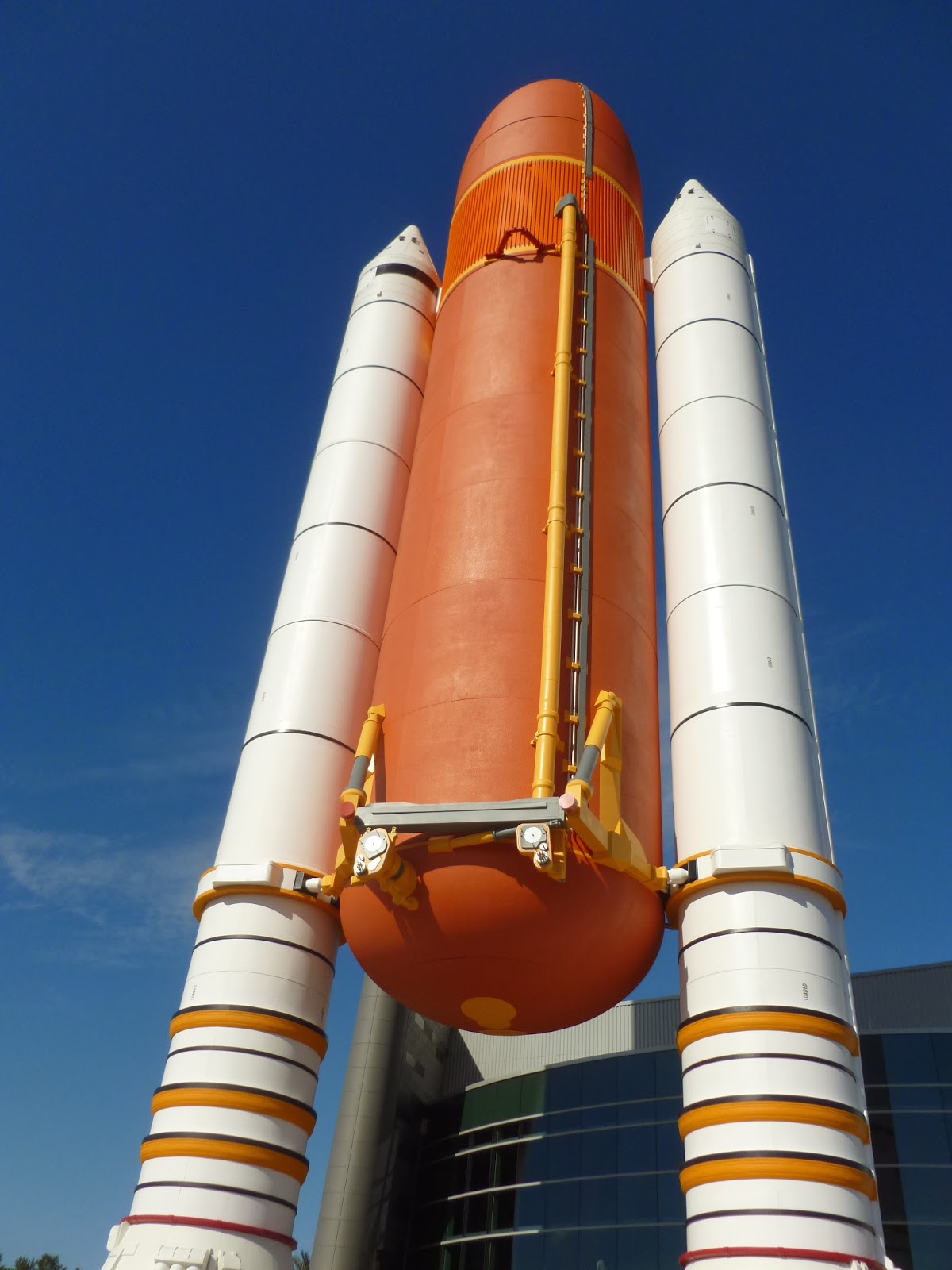A Day at Great Stirrup Cay in the Bahamas
GPS: N25° 49.560; W077° 54.751
History of the Island:
Great Stirrup Cay is a small uninhabited sub-tropical island in north central Bahamas that is part of the Berry Islands Group. The island was a used by pirates from the time the British occupied the Bahamas and made Nassau the capital until 1815. Once the United Kingdom abolished slavery, the British began to withdraw from the outer islands of the Bahamas until Great Stirrup Cay was abandoned.
During the American Civil War the island was used by the Confederate states to store provisions and to export cotton to Europe. The area was patrolled by Federal warships to inhibit the export of cotton by the Confederacy.
The Imperial Lighthouse Service erected the 80' high lighthouse on the north east coast of Great Stirrup Cay in 1863. The lighthouse site was manned until it was converted to solar power. The light is visible for over 20 miles.
During World War II the United States erected observational and defensive infrastructure including: submersible anti-submarine cables, Later the U.S. Air Force constructed a satellite tracking station which was closed in 1991. A helipad that is known as Great Stirrup Cay International Airport is still in use.
Belcher Oil Company took ownership of a large section of the island. In 1977, Norwegian Caribbean Lines (later Norwegian Cruise Line) acquired the western section of the island from Belcher Oil, developed recreational facilities and established a port-of-call their passengers.
Access and Activities:
Since the cruise ship cannot dock on the island, passengers arrive by tender boats.
Passengers disembark and are greeted with a bronze statue of Neptune at the entrance to the palm covered beach area.
The main beach area is called Bertram Cove. It is named after Captain Allan Bertram, a the British Naval officer, who lived and is buried on Great Stirrup Cay. His grave marker is located on the main beach.
Since the original inscription on the headstone is worn and difficult to read, NCL has placed a nearby bronze plaque that reproduces the inscription:
Bertram's Cove is the main beach area. It can accommodate over 4000 passengers.
Activities include swimming, snorkeling, parasailing, waverunner tours, kayaking, paddleboarding and an inflatable 40' high water slide. You can even hike along wide gravel roads the the far southeast end of the island encountering wildlife along the way.
Great Stirrup Cay is a small uninhabited sub-tropical island in north central Bahamas that is part of the Berry Islands Group. The island was a used by pirates from the time the British occupied the Bahamas and made Nassau the capital until 1815. Once the United Kingdom abolished slavery, the British began to withdraw from the outer islands of the Bahamas until Great Stirrup Cay was abandoned.
During the American Civil War the island was used by the Confederate states to store provisions and to export cotton to Europe. The area was patrolled by Federal warships to inhibit the export of cotton by the Confederacy.
The Imperial Lighthouse Service erected the 80' high lighthouse on the north east coast of Great Stirrup Cay in 1863. The lighthouse site was manned until it was converted to solar power. The light is visible for over 20 miles.
 |
| 1863 Lighthouse |
During World War II the United States erected observational and defensive infrastructure including: submersible anti-submarine cables, Later the U.S. Air Force constructed a satellite tracking station which was closed in 1991. A helipad that is known as Great Stirrup Cay International Airport is still in use.
 |
| Great Stirrup Cay International Airport |
Belcher Oil Company took ownership of a large section of the island. In 1977, Norwegian Caribbean Lines (later Norwegian Cruise Line) acquired the western section of the island from Belcher Oil, developed recreational facilities and established a port-of-call their passengers.
Access and Activities:
Since the cruise ship cannot dock on the island, passengers arrive by tender boats.
 |
| Tender Boats Shuttle Goods and Passengers |
 |
| Riding the Tender Boat |
 |
| The Ship Remains At Anchor |
Passengers disembark and are greeted with a bronze statue of Neptune at the entrance to the palm covered beach area.
 |
| Neptune and Palm Covered Beach |
The main beach area is called Bertram Cove. It is named after Captain Allan Bertram, a the British Naval officer, who lived and is buried on Great Stirrup Cay. His grave marker is located on the main beach.
 |
| Captain Bertram Grave Site |
Since the original inscription on the headstone is worn and difficult to read, NCL has placed a nearby bronze plaque that reproduces the inscription:
Sacred
to the memory of
Allan Bertram, Esq.
Late commander of HMS Tweed
who departed this life of fever
July 29, 1834
after serving faithfully his country 33 years.
Aged 44 years.
O Bertram, the man, the father,
art thou gone and gone forever hast thou crossed that unknown river
life's dreary end.
Like the we shall not find another.
He died abroad
he was borne to the earth by the crew
that he died with, he had the tears
of his shipmates, the prayers of
his friends."
Plaque placed by Norwegian Caribbean Lines - October 1979
Bertram's Cove is the main beach area. It can accommodate over 4000 passengers.
 |
| Bertram's Cove |
Activities include swimming, snorkeling, parasailing, waverunner tours, kayaking, paddleboarding and an inflatable 40' high water slide. You can even hike along wide gravel roads the the far southeast end of the island encountering wildlife along the way.
 |
| Iguanas Abound |
 |
| Southeast End of Great Stirrup Cay |
 |
| The Peaceful Southeast Part of the Island |

























